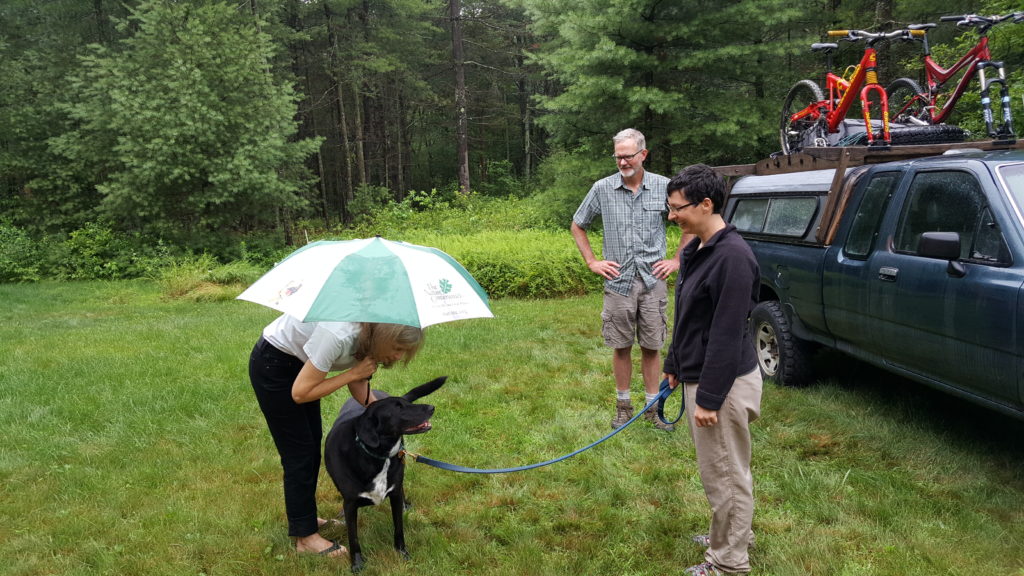Welcome to the Wakefield Doctrine (the theory of clarks, scotts and rogers)
Of course, our Dickensian subtitle begs the question, ‘can a reprint truly be un-planned or un-organised or (especially) un-rehearsed?‘ I mean, serially, is it not the essence of rehearsal to present something that, while at one point was spontaneous, by definition is a repeat? I know that the clarks (and those rogers and scotts with significant secondary clarklike aspects) are thinking, ‘isn’t the bulk of my day in fact a ‘reprint’? if I’m remembering how I usually respond to people and situations in the past and am taking that habitual path today… am I giving up my opportunity for the sake of certainty. damn! best try not to do that!’
From 2012
Welcome to the Wakefield Doctrine (the theory of clarks, scotts and rogers)
The Wakefield Doctrine is a unique insight into the behavior of the people in our lives (and outside of our lives). The Wakefield Doctrine is predicated on the fact that everyone lives in what amounts to a ‘personal reality’ (aka a worldview).1 For the Reader willing to accept this premise, we offer three characteristic worldviews that account for: you, me, the person who woke you up this morning, the Physician who will change your life in a single statement, the child you remember being on the perfect Halloween Evening, the woman who said she would love no other, the Teacher who you hated, the man who promised to return, the dreams of the future, the regrets of the past and your smile (to yourself) that you are still reading this thing.
The characteristic worldviews are (that of):
- the Outsider, you wake up each day knowing that the world is ‘out there’ and you are ‘here’, you are creative and funny and have an insatiable appetite to learn things, anything, for the joy of discovery and in the (secret) hope of learning the secret of how to be ‘a part of’ to not be the Outsider. This is the clark personality
- the Predator, you wake up each morning hungry…physically, spiritually, socially, sexually. A scott, (this is the personality type that naturally results from living in the worldview of the Predator), is always on the move, always alert, aggressive, fun to be with, mercurial, loud, un-shy and outlandish. It is said of the scottian individual, “I scream, therefore I am”
- the Member of the Herd, as a roger you are confident in the rightness of the world and constantly worried about sufficiently understanding the proper way to live, you are a social genius, you are a very encouraging listener and an inveterate gossip. You believe that Reality and the Universe is quantifiable and governed by Rules, your understanding of these Rules invests you with Power and Responsibility to everyone you encounter, rogers are responsible for Civilization and the Spanish Inquisition, the stability of governance and the Salem Witch Trials
The theory (of the Wakefield Doctrine) is that we are all born with the capability to live in one of these three worldviews and that at an early age (3-5), we all settle into what becomes our predominant worldview. Although this predominant worldview becomes our defining reality, we never lose the capacity to act as we would if we were in the ‘other two worldviews’. This is why many people, upon first trying out the Doctrine, write in and say, “Hey, I know my type, but there are times when I act like one of the other two! What the hell?” This is the example of what we call a secondary aspect, where a person ’employs’ a characteristic of the non-dominant worldviews to deal with a situation. It is usually a passing thing, nothing to be alarmed about.2
The Wakefield Doctrine is not only unique, it is easy to use! It does not ask questions, does not require the individual (you, the Reader, who else would we mean??!) t0 complete a survey or describe their likes, dislikes and favorite colors. There is no math to be performed, no charts or graphs (“…your personality type is somewhere on this scale that runs from 0 = Savior of Mankind to 10 = Geez, what a jerk!”)
The Wakefield Doctrine simply maintains that your personality is the natural result of your growing up, developing and living in one of the three worldviews.
The Wakefield Doctrine is not only unique and easy, it is fun! If you learn the characteristics of the three personality types, go out into your day today, you will see at least one clark and one scott (and by inference a bunch of rogers), and they will act just like we describe in these Pages. So go out, try it and come back and say “Hey Make it stop now!! Sure this is a valid insight, but my husband!! he is such a roger! I can’t stop giggling when he tries to tell me how great a hobby that (genealogy, re-enacting, bicycling is). Make it stop!”Thats it for today.
Thanks for behaving! We have a group of new people here today (yes, those odd locations in the feedjit, the whispering in the back of the classroom) not to worry! Most will leave as soon as the Tour bus gets here. Sure, why not? “Now,everone say hello to all them folks what came by from Bloppy Bloggers!
1) nothing weird, really! We are not saying that reality is what you want it to be ( well, we actually do say that) and we are not proposing that the world at large is less real and concrete than your personal world, (err..better hold that thought too) and we are so not saying that this is a personality theory that requires the user to have a certain, special quality that combines intellectual confidence and a desire to imagine what if? (damn! 3 for 3…back up to the Post now, enough about you, this is about how the Wakefield Doctrine will make your today much more interesting).
2) actually this business of secondary aspects holds the key to the Wakefield Doctrine being used as the best of self-improvement, self-development tools! But that’s for later, this is an introduction to the Doctrine, yo.
* here’s the vid that took me back (almost) to the reprint post above.








